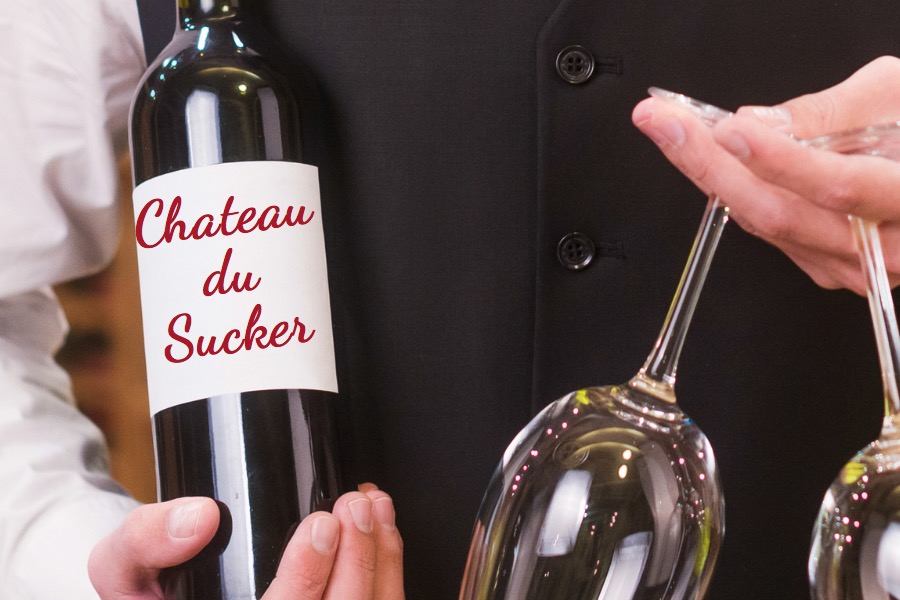 Just once, I’d like to hear a sales person say, “If I told you the truth, you wouldn’t buy my product or service” and then show me what parts of their marketing materials constitute B.S. They might not get the sale, but the conversation would be fun.
Just once, I’d like to hear a sales person say, “If I told you the truth, you wouldn’t buy my product or service” and then show me what parts of their marketing materials constitute B.S. They might not get the sale, but the conversation would be fun.
Obviously, no one says stuff like this. And most companies or individuals are even dishonest with themselves about the very act of dishonesty. They tell themselves that they are either a) acting truthfully; b) acting with good intentions; or c) operating on optimism that their promises will magically become truth, a la, the more you repeat a rumor, the more likely it is to come true.
The reality is that we are all open to listening to lies. Most of us value appearance over quality, status over substance, and others’ opinions over our own.
If you don’t believe me, ask the sommelier at your favorite restaurant to tell you how prices and wine sales correspond. Ask her to count on one hand the number of times someone on a first date has ordered the lowest-priced wine, even if she (the sommelier) knows it was a perfectly good wine.
We see this a lot in the world of IT staffing and consulting and we incorporate it into our sales training – albeit not quite so harshly. When training new hires on where our company fits on the food chain, we often start by helping them understand the various tiers of consulting providers. Our salespeople simply must make peace with the assumed or perceived value of hiring one of the Big Five. For us, there is simply no reason to waste any breath arguing that the prospect is overpaying for the exact same services that we provide. I also remind them of the adage, “No one ever got fired for using IBM.” The belief that a brand name like this giant – even if their prices are three times ours – will be the “safe” bet is not easily overcome.
Remember, money talks. And each of us controls where we spend our own. If you don’t want to buy too many lies, then spend more time shopping and researching for honesty. But spend equal time addressing your own values. If your status and ego don’t allow you to go with the “cheapest” alternative, then you’re going to pay more. You can blame the seller, but ultimately, put yourself in the seller’s position before he starts his pitch. Figure out what smoke he might want to blow at you based on what you clearly care about. You can’t order the lowest-priced-but-better-tasting wine and impress your date, too.
